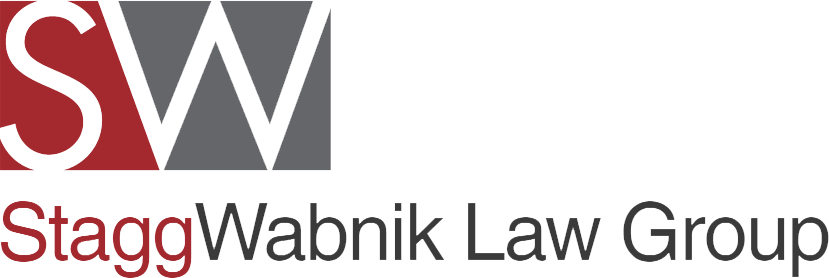The Impact of Artificial Intelligence on Employment Decisions
- Stagg Wabnik
- Aug 20, 2024
- 3 min read
Updated: Jul 25, 2025

Integrating Artificial Intelligence (AI) into employment decisions, such as recruitment and performance evaluations, is transforming the workplace. While AI offers significant potential for efficiency and objectivity, it raises important legal and ethical concerns, particularly around bias and discrimination. This blog explores these issues and provides recommendations for implementing AI tools in a way that aligns with employment laws and promotes fairness.
The Growing Use of AI in Employment Decisions
Employers increasingly use AI to streamline various HR processes, including candidate screening, interview analysis, and performance evaluations. These AI tools can quickly analyze vast amounts of data, helping employers identify the best candidates or assess employee performance more efficiently than traditional methods. However, using AI in these contexts is not without risks, particularly when ensuring fairness and compliance with anti-discrimination laws.
Legal Risks Associated with AI in Employment
Bias and Discrimination Concerns: One of the most significant legal risks associated with AI in employment decisions is the potential for bias. AI systems learn from historical data. If that data reflects existing biases, the AI may perpetuate or even exacerbate those biases. For example, if a hiring algorithm is trained on data that includes biased hiring practices, it may continue to favor certain demographic groups over others, leading to discriminatory outcomes. The lack of transparency can further complicate efforts to detect and address bias.
Regulatory Developments: While there is currently no federal law in the United States that governs explicitly the use of AI in employment, there are increasing regulatory efforts at the state and local levels. For instance, New York City's Automated Employment Decision Tool (AEDT) Law, effective in 2023, requires employers to conduct bias audits on their AI tools and make the results public. Similar legislation is being considered across the country, indicating a growing trend toward regulating AI in the workplace.
Compliance with Existing Laws: The U.S. Equal Employment Opportunity Commission (EEOC) has issued guidance on how existing laws, such as the Americans with Disabilities Act (ADA) and Title VII of the Civil Rights Act, apply to AI in employment. For example, AI tools that inadvertently screen out candidates with disabilities, even if they could perform the job with reasonable accommodation, may violate the ADA. Employers must ensure that their use of AI does not result in disparate impacts on protected groups, intentionally or unintentionally.
Best Practices for Implementing AI in Employment Decisions
Conduct Regular Bias Audits: Employers should regularly audit their AI tools to mitigate the risk of bias and discrimination. These audits should assess whether the AI systems are producing disparate impacts on protected classes and address any identified biases promptly. Engaging third-party auditors can provide an additional layer of impartiality and credibility to the audit process.
Increase Transparency and Accountability: Transparency is critical to maintaining trust in AI-driven employment decisions. Employers should communicate to employees and candidates how AI is being used in decision-making processes and what safeguards are in place to prevent bias. Additionally, employers should establish clear accountability mechanisms, such as appeal processes, to address concerns or disputes arising from AI-driven decisions.
Ensure Compliance with Data Protection Laws: The use of AI in employment decisions involves processing large amounts of personal data. Employers must ensure that their AI systems comply with data protection laws, including obtaining proper consent and safeguarding the privacy of employee and candidate data. This includes being vigilant about how third-party vendors use and process data on behalf of the employer.
Ethical Considerations: Beyond legal compliance, employers should consider the ethical implications of using AI in the workplace. This includes evaluating whether the use of AI aligns with the company's values and whether it is fair to use AI in specific employment contexts. For instance, using AI to make decisions about promotions or terminations may require careful consideration of the potential impacts on employee morale and trust.
Contact Stagg Wabnik Law Group
As AI continues to affect employment decisions, employers must navigate these changes with a clear understanding of the legal and ethical implications. Stagg Wabnik Law Group is here to help you implement AI tools in a way that promotes fairness and complies with employment laws. For more information, contact us at (516) 812-4550 or visit our contact page to schedule a consultation. Our experienced attorneys are ready to assist you in navigating the complexities of AI in the workplace.

